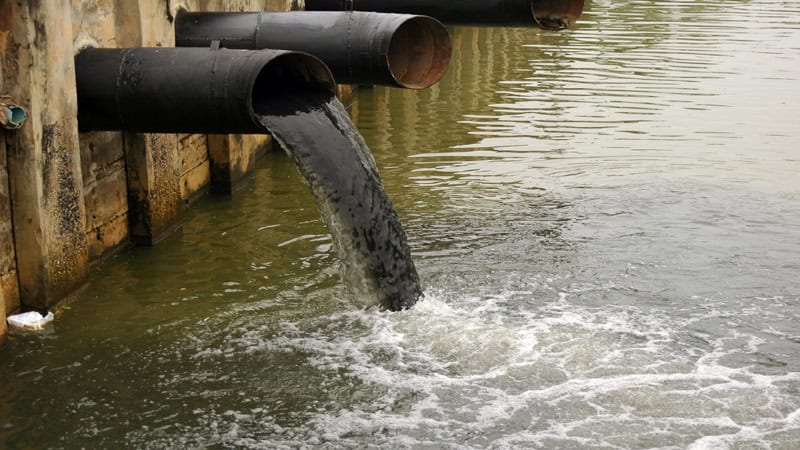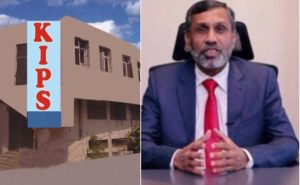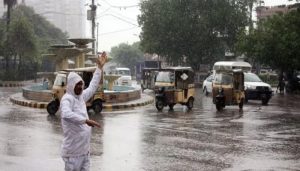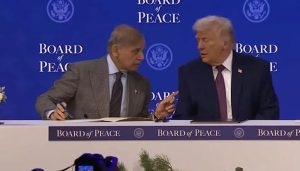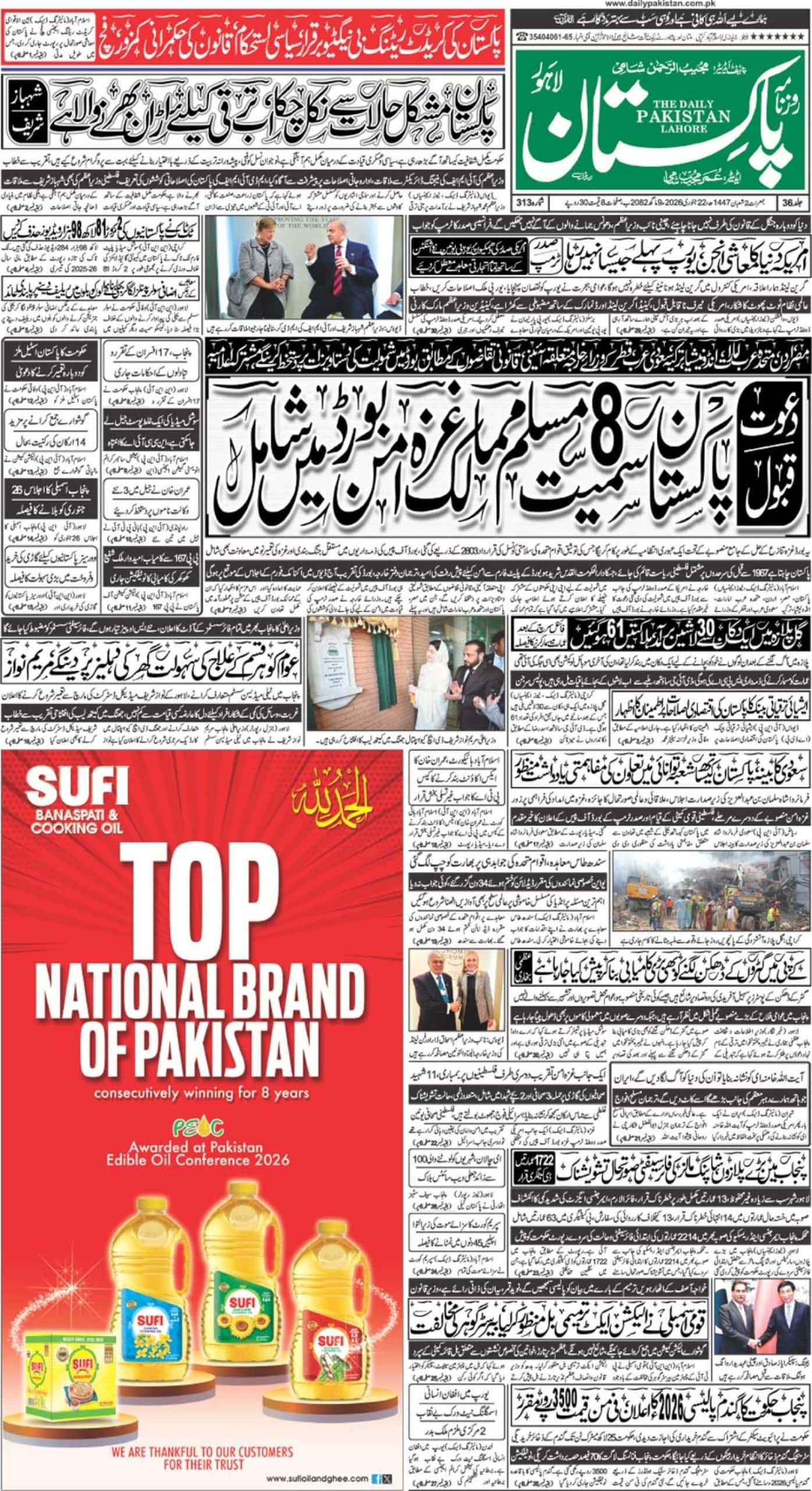HYDERABAD – Eminent hydrologist and water expert of Pakistan Dr Hassan Abbas said that a mega vision and strong will was needed to tackle the water challenges of the country.
He expressed these remarks while addressing the participants of the graduate seminar on “Pakistan’s Water Challenges: Need for Integrated Water Resources Management”, organized by U.S.-Pakistan Center for Advanced Studies in Water (USPCAS-W) Mehran University of Engineering and Technology Jamshoro on Friday. The USPCAS-W organized the event in collaboration with the Center for Social Change (CSC).
He said that one of the biggest challenges the country was facing is water pollution instead of water scarcity. Talking about the existing irrigation system, he said that the irrigation canals were made to provide water for agriculture but due to flood irrigation system in Pakistan, these canals caused land degradation because of waterlogging and salinity.
Irrigation drains have to prevent the water logging and salinity but they cause pollution and nuisance in the landscape due to an increase of water logging and salinity at the tail ends.
While sharing the unified vision for Integrated Water Resources Management (IWRM) in Pakistan, Dr Abbas said that there was a need to develop strict guidelines and implementation procedures to avoid and control all types of pollution into water resources.
His emphasis was on an adaptation of efficient irrigation practices of the 21st century and to get rid of outdated flood irrigation and do away with colonial legacies.
He suggested developing riverine good fields for clean, fresh and sustainable water supply for both agriculture and domestic purposes. He also recommended that the businesses on the intrinsic value of water, i.e., developing water-front real estates, ecotourism, water sports, etc. and to invoke the grand economic engine of inland navigation.
Sharing the way forward, he said that Sindh being in the lower riparian region could provide leadership for effective and efficient water governance and IWRM in the country. In this connection, he emphasised and illustrated on efficient irrigation in Rohri canal command, inland navigation up to Kotri, urban canal for aquifer recharge and intrinsic value projects in Karachi.
The seminar was followed by the question and answer session, in which the participants asked various questions regarding the way forward for sustainable solutions to the water challenges faced by Pakistan.
Dr Abbas responded to the questions and also presented the historical background of Indus Basin, water practices used in the past, construction of barrages, dams and canals for irrigation purposes and their benefits and harms. He also highlighted the Indus Water Treaty and shared its pros and cons.
The Deputy Director USPCAS-W Dr Rasool Bux Mahar in his welcome address introduced the speaker with the audience while Executive Director Center for Social Change Zulfiqar Halepoto spoke on the public space for debate on water issues of Pakistan.
Among others, Dean Faculty of Civil and Architecture Mehran University Prof Dr Khan Mohammad Brohi, Prof Mushtaq Mirani, Engr Zarif Khero, Prof Dr Altaf Siyal, Dr Kamran Ansari, former General Manager WAPDA Engr Abdul Jabbar Memon, civil society activists, water experts, faculty and students of USPCAS-W MUET attended the seminar.

